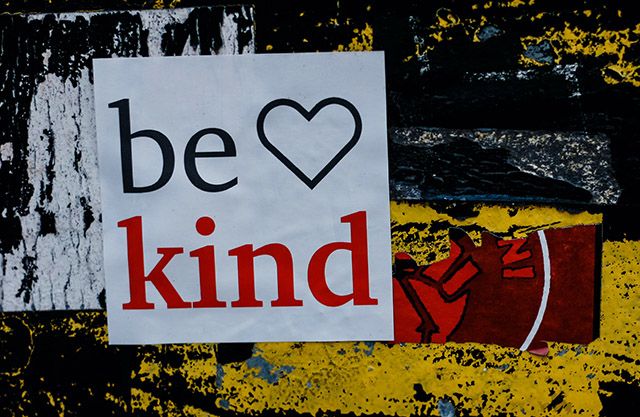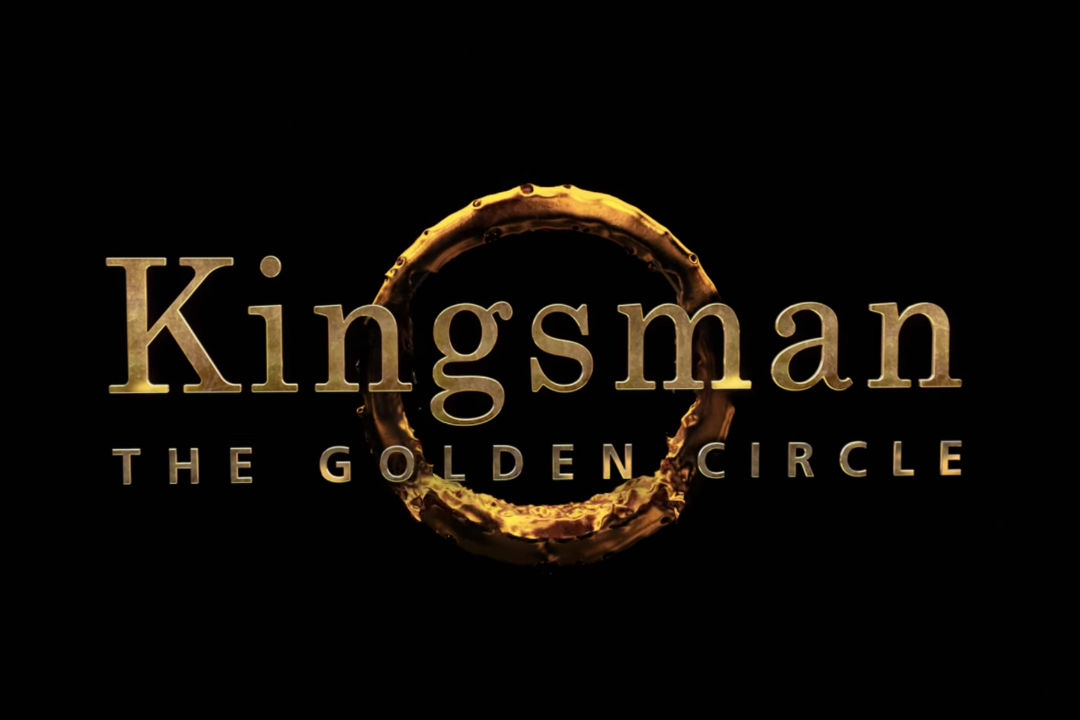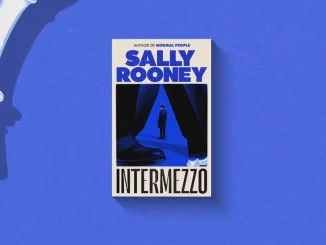
[dropcap]S[/dropcap]oon after the tragic news of TV presenter, Caroline Flack’s death people flooded social media with the message ‘Be Kind’. T-shirts, phone cases and endless quotes were made, shared and bought.
This is a truly inspiring message and something we should all live by; however, social media can also be a place of hatred and the origin of cancel culture.
What started as a joke is now one of the most threatening phrases to people with a strong online or public presence. Before, being “cancelled” was a way to dismiss someone if you disagree with them.
Now, people are “cancelled” if they have said something (past or present) that people disapprove of. This has ruined the livelihood of many celebrities, politicians and influencers, especially when stuff from their past has been brought up.
One example of someone’s past being brought up was when images of Canada’s Prime Minister, Justin Trudeau dressed as black face circulated around the internet. Black face is highly offensive racist, in which a person wears makeup in order to look like a person of colour (POC).
Despite these being old pictures and Trudeau’s attempts to apologise and explain himself, the people of Twitter were adamant to cancel him, but failed.
Although he did not lose his job over this, Alexi McCammond was set to become the next editor-in-chief of Teen Vogue last month. McCammond faced backlash on social media for her new role as Tweets she made in 2011 resurfaced two years ago.
The Tweets in question were aimed at the Asian community. While some people tweeted that this was not cancel culture, but rather “accountability”, others empathised with McCammond that she lost a job due to previous mistakes.
Following the incident McCammond made a statement on Twitter explaining that she “became a journalist to help lift up the stories and voices of our most vulnerable communities.”
“My past tweets have overshadowed the work I’ve done to highlight the people and issues that I care about.”
Despite the explanation, McCammond was not offered her job back in Teen Vogue. This is just one example of “cancel culture” and the dangers of social media.
While people shouldn’t give you a free pass for being racist, homophobic, sexist and so on, past mistakes should not be held against a person who has grown and matured.
Here are just some more people who have been “cancelled”.
Singer R.Kelly has been “cancelled” following allegations of sexual misconduct.
Singer-songwriter Ryan Adams has been “cancelled” for allegations of dating a minor while also being psychologically and emotionally abusive.
Michael Jackson, although deceased, was “cancelled” following documentary ‘Leaving Neverland’ that claimed he sexually abused children.
Comedian, Shane Gills got “cancelled” following defamatory comments about Chinese Americans, the LGBTQ+ community and women.
Actress Scarlett Johansson was close to being “cancelled” after discussing actors playing characters of other race, gender and sexual orientations.
Although some people are “cancelled” for good reason, that does not mean it can’t be damaging. A lot of the time people will try “cancel” a social media personality simply because they don’t like them.
Meanwhile, people with “Be Kind” in their Twitter Bio are the same people commenting and Tweeting about people giving them hate and backlash or digging up dirt from their past.
One can argue that how the media treated Caroline Flack played a part in her death as she sadly took her own life. Article after article slated Flack, but as soon as the news about her death came out, they had nothing but nice things to say about her.
Despite being partly at fault, tabloids continue to dig up dirt and spread rumours about celebrities. It is not just people online “cancelling” others, tabloid newspapers have a major role to play.
We see this happening to Duchess Meghan Markle where tabloids maliciously come after her for every time she slips up.
Maybe some people deserve to be cancelled, but nobody deserves constant hate and criticism on social media.
We live in a society where we preach kindness, positivity and inclusion yet it is overshadowed by hatred and backlash when people make even the tiniest mistake.
In a world where you can be anything, be kind.
Emily Clarke
Image Credit: Randalyn Hill on Upsplash



